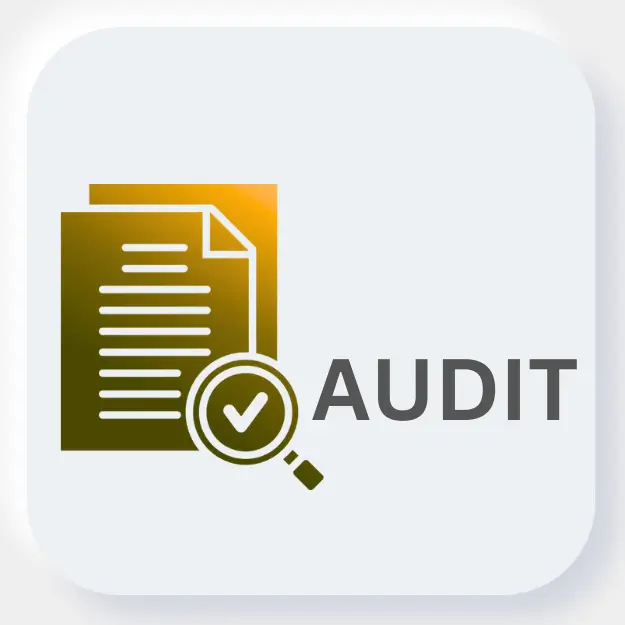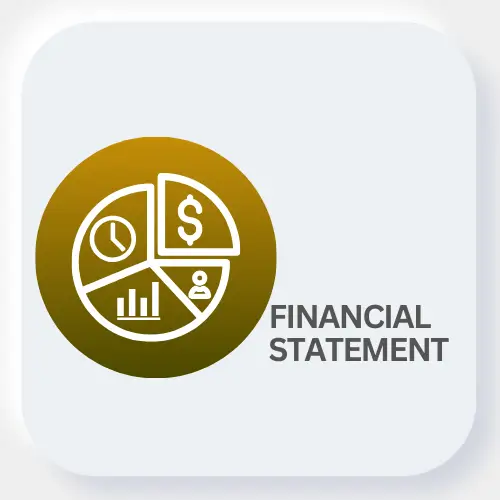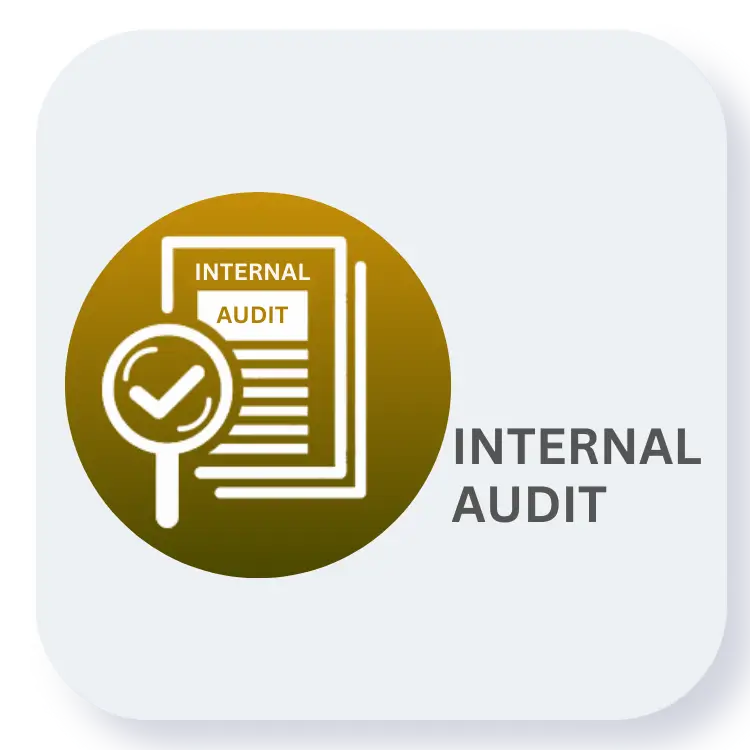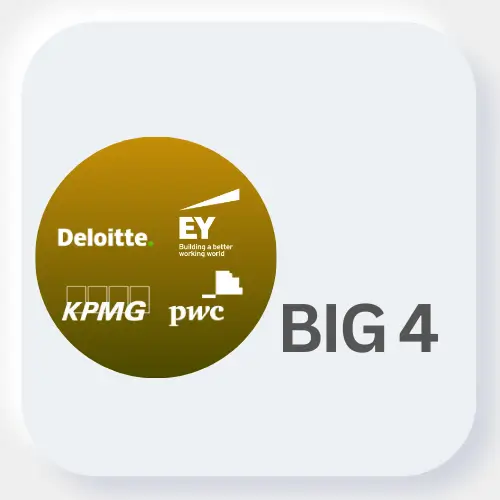How Investment Banking Works?
You know that look people give when someone says, “I work in investment banking”? Like they're impressed but also totally clueless about what it actually means? I was that person. For a long time.
All I knew was: investment bankers wear suits, make loads of money, and work insane hours. But what is
it they actually do all day? And more importantly how investment banking works in real life?
Well, that is exactly what I'm breaking down here, Just the real story behind those pitch decks, long
nights, and billion-rupee deals.
If you're a fresh BCom graduate, a qualified CA figuring out your next move, or someone thinking to
switch from accounting to banking-this is your go-to guide.
What Is Investment Banking and Why Does It Matter?
Okay, short answer? Investment banking is all about helping big companies do big money things-go public,
merge, acquire, raise capital. It's not your average bank branch business.
They don't care about your savings account or home loan. They deal in stakes, valuations, and high-risk
financial strategies. Think IPOs, M&As, debt structuring, and advisory
work.
The real core of how investment banking works is this: they get paid to make companies more
valuable-either by helping them raise funds, buy others, or get bought.
If you're looking at this from the outside and asking, “Wait, is this investment banking for beginners?”
Yep, that's exactly what this is.
How Do Investment Banks Make Money?
Honestly? I used to think they made cash just buying and selling shares. But there's way more to it.
Here's the real breakdown:
- Advisory Fees: Companies pay investment banks to help with mergers, IPOs, or
restructuring.
- Underwriting: Banks buy shares from a company and sell them to the public—taking on
the risk.
- Sales & Trading: Less glam than it sounds. But still profitable. Banks help
clients trade at scale and make a margin.
This is one of those things nobody really teaches you in college. But understanding these revenue streams
is key to getting how investment banking works from the inside.
Also read:Salary in Investment Banking for CA Freshers
What Do Investment Bankers Do Daily?
Let's kill the image of someone yelling “Buy! Sell!” on the phone. A typical day depends on your role,
but broadly speaking, here's what happens:
- Analysts (usually freshers): Build models, do market research, update pitchbooks
- Associates: Manage analysts, speak to clients, work on deal timelines
- VPs & MDs: Network, pitch deals, negotiate terms, drive revenue
So if you're wondering, "what do investment bankers do on a normal Tuesday?" It's a mix of meetings,
Excel, chasing data, and trying to impress clients. Not glamorous. But fast-paced.
People also confuse this with accounting all the time. It's not. Investment banking vs accounting is like
Formula 1 vs regular driving. One's about speed, pressure, and strategy. The other? Compliance and
control.
How Investment Banking Works with Real Examples?
Let's say Zomato wants to buy Blinkit.
Here's what happens:
- Zomato hires an investment bank
- The bank evaluates Blinkit's worth — ₹1,000 crore or ₹10,000 crore?
- It builds an investor pitch: why this deal makes sense
- Handles paperwork, legalities, and regulator filings
- Suggests how Zomato can raise extra funds if needed
- Pushes the deal to the finish line
Boom. The deal closes. Zomato expands. Blinkit gets a parent company. And the bank? It earns a fat fee.
That's a real-life example of how investment banking works — not in theory, but in the wild.
How to Get Into Investment Banking After BCom?
Let's talk real talk. You don't need a gold-plated MBA or a Wall Street uncle.
Here's what helps:
- Do any finance-related internship. Don't wait for the perfect one.
- Build a DCF
model on a listed company. Post it on LinkedIn.
- Learn Excel — not just shortcuts, but actual modeling.
- Build a pitch deck. Even a mock one.
- Network. Message seniors. Attend webinars. Cold DM analysts.
Wondering how to get into investment banking after BCom? This is literally it. Learn, build, show.
Also read thisHow to Get into Investment Banking After BCom?
Can a CA Get
Into Investment Banking?
Short answer? Yes.
In fact, a lot of analysts in India's top investment banks are CAs. What you already have: accounting,
finance, audit
knowledge. What you need to add: valuation skills, Excel, understanding how deals are
pitched.
Want the edge? Take a short M&A course. Build a few mock models. Use your LinkedIn
smartly.
Can a CA get into investment banking? Absolutely. Just don't walk in thinking you'll
stay in audit mode.
Also read this:List of Top 50 CA Firms
Thinking of Switching Careers? This Part's for You
Already working in FP&A, audit, or consulting? It's not too late to enter banking. I've seen
engineers, accountants, even lawyers move in.
Here's what worked for them:
- Show transferable skills: forecasting, strategy, Excel
- Take a targeted course: not a 6-month fluff one
- Move into roles like Transaction Advisory or Corporate Finance first
- Apply to boutique banks: they hire laterally far more than bulge-brackets
This isn't the stuff they teach you in career counseling. But it's how the investment banking career
pivot actually happens.
What Are the Skills Required to Get into Investment Banking?
What do you really need to survive investment banking?
- Excel and PPT: This is your bread and butter
- Company valuation: DCF, comps, precedents—know them cold
- Communication: You don't just build models—you explain them
- Time management: Your weekends? They're not always yours
- Grit: It's intense. But worth it if you love the work
And yeah, people ask about pay. The investment banking salary is good—but what you're paid in rupees, you
spend in hours.
Also read this:How to Get into Investment Banking as a CA?
Myths About Investment Banking Careers That Need Killing
Let's bust a few myths:
- “You need to be from an IIM or Ivy League.” Nah. You need skills.
- “You'll earn ₹40L+ in your first year.” Reality check: Yes, IB pays—but you work for every rupee.
- “Investment banking = stock market.” That's sales/trading. Different world.
- “Only extroverts survive.” Please. Some of the best analysts are quiet, introverted, obsessed with
detail.
Too many people fall for the hype. That's why myths about investment banking careers deserve a whole
section of their own.
FAQs – Stuff People Keep Asking
-
Q: What do investment bankers do daily?
Mostly models,
meetings, slides, and
strategy. And a lot of emails.
-
Q: Is investment banking good for CA freshers?
Yes. Especially
if you can pivot
from technical knowledge to strategic thinking.
-
Q: What's the difference between investment banking vs accounting?
Accounting
tracks money. Banking moves it.
-
Q: What certifications help?
CFA Level 1, FMVA, short M&A/IPO
workshops
from credible platforms.
-
Q: Can I get into investment banking with no experience?
Yes,
if you build
projects, network smart, and apply where you're most likely to be seen.
Conclusion
By now, you've probably realized that how investment banking works isn't about mystery—it's about
process. It's a field driven by analysis, risk, and high-stakes execution.
If you're someone who likes solving business puzzles, staying up late to chase clarity, and learning
nonstop—this might be your calling.
Whether you're exploring how to get into investment banking after BCom, switching from another field, or
building a long-term investment banking career, the roadmap is here.
So now the only question is: are you ready to move?

.webp)


















































